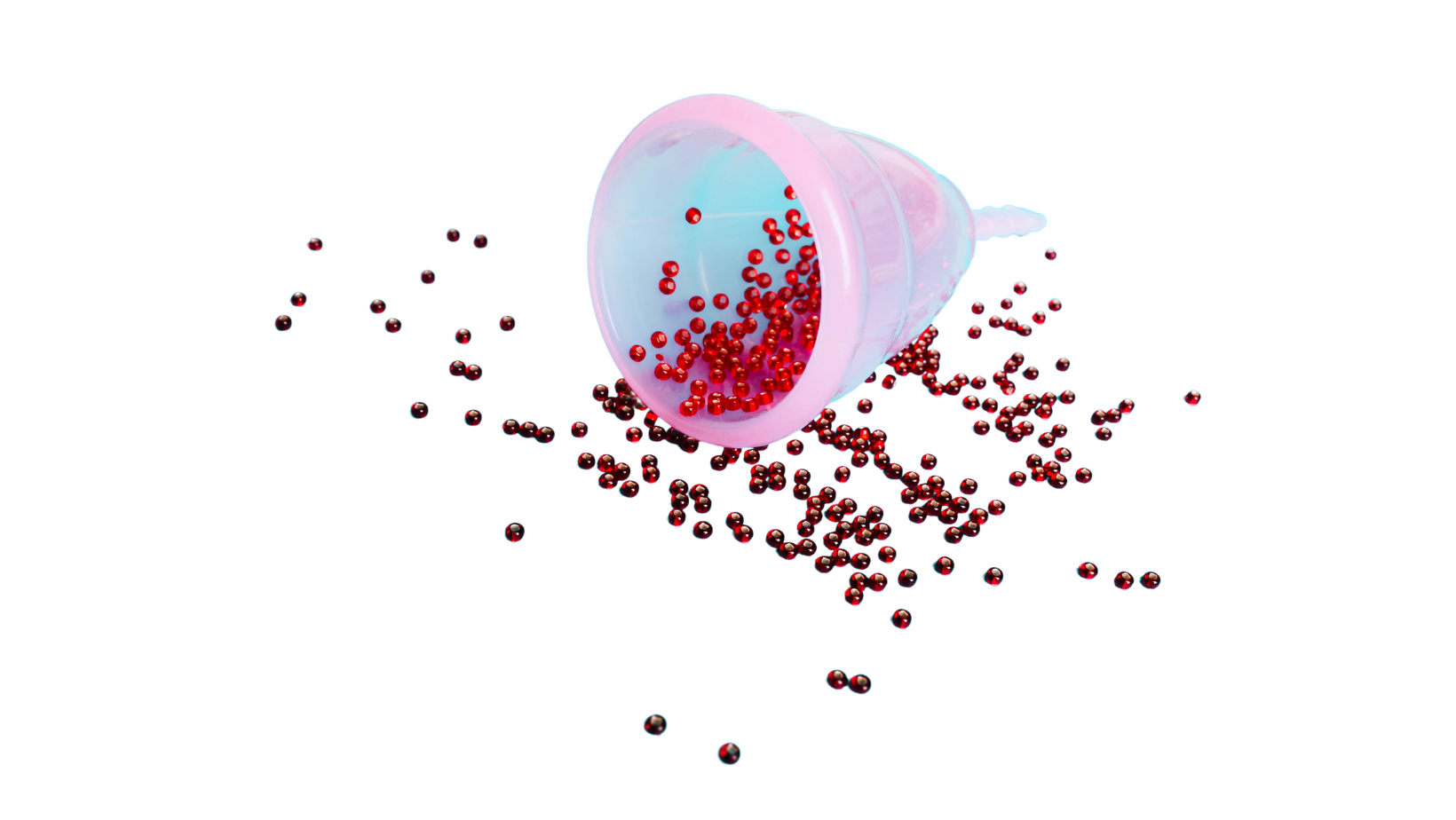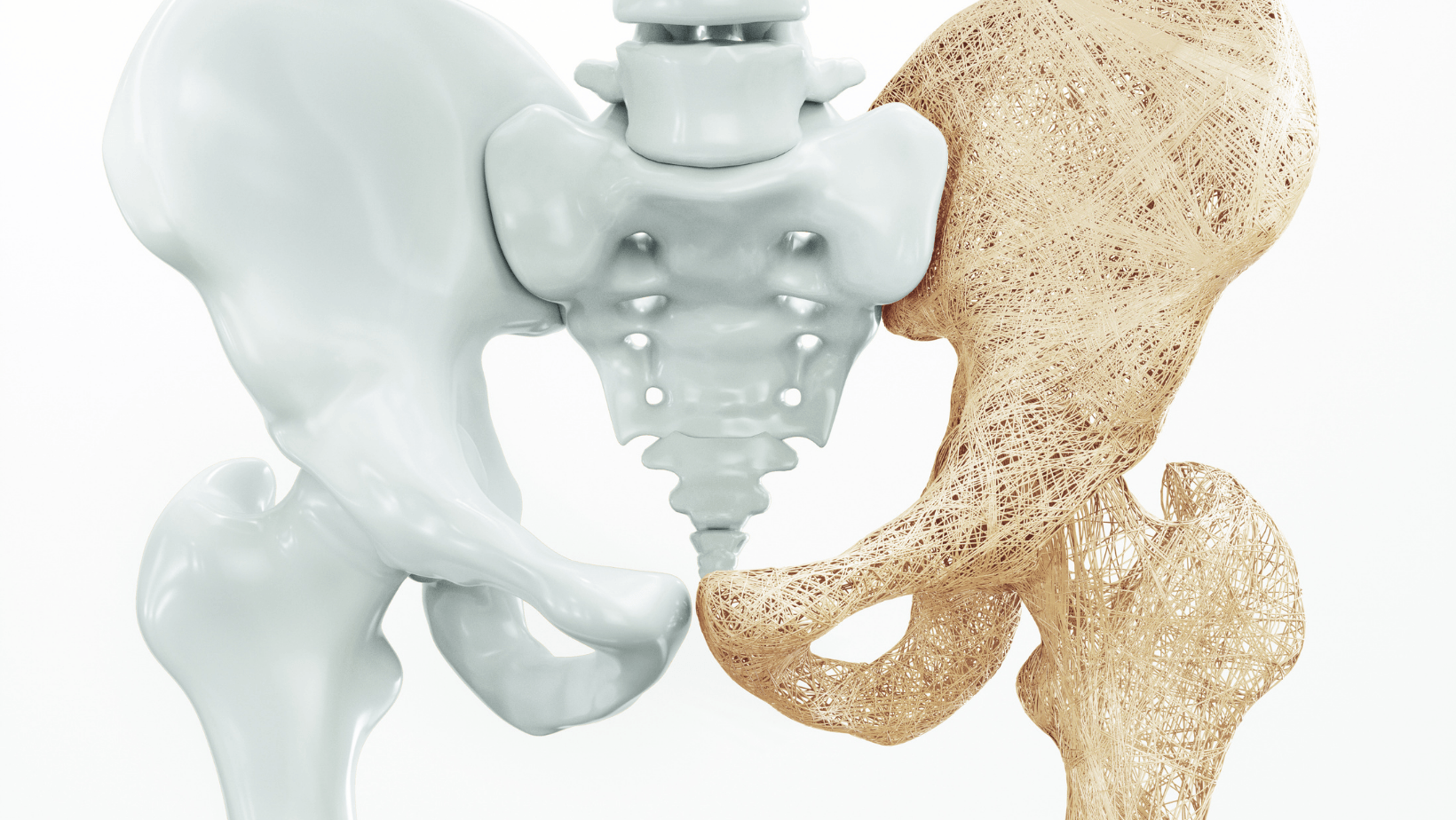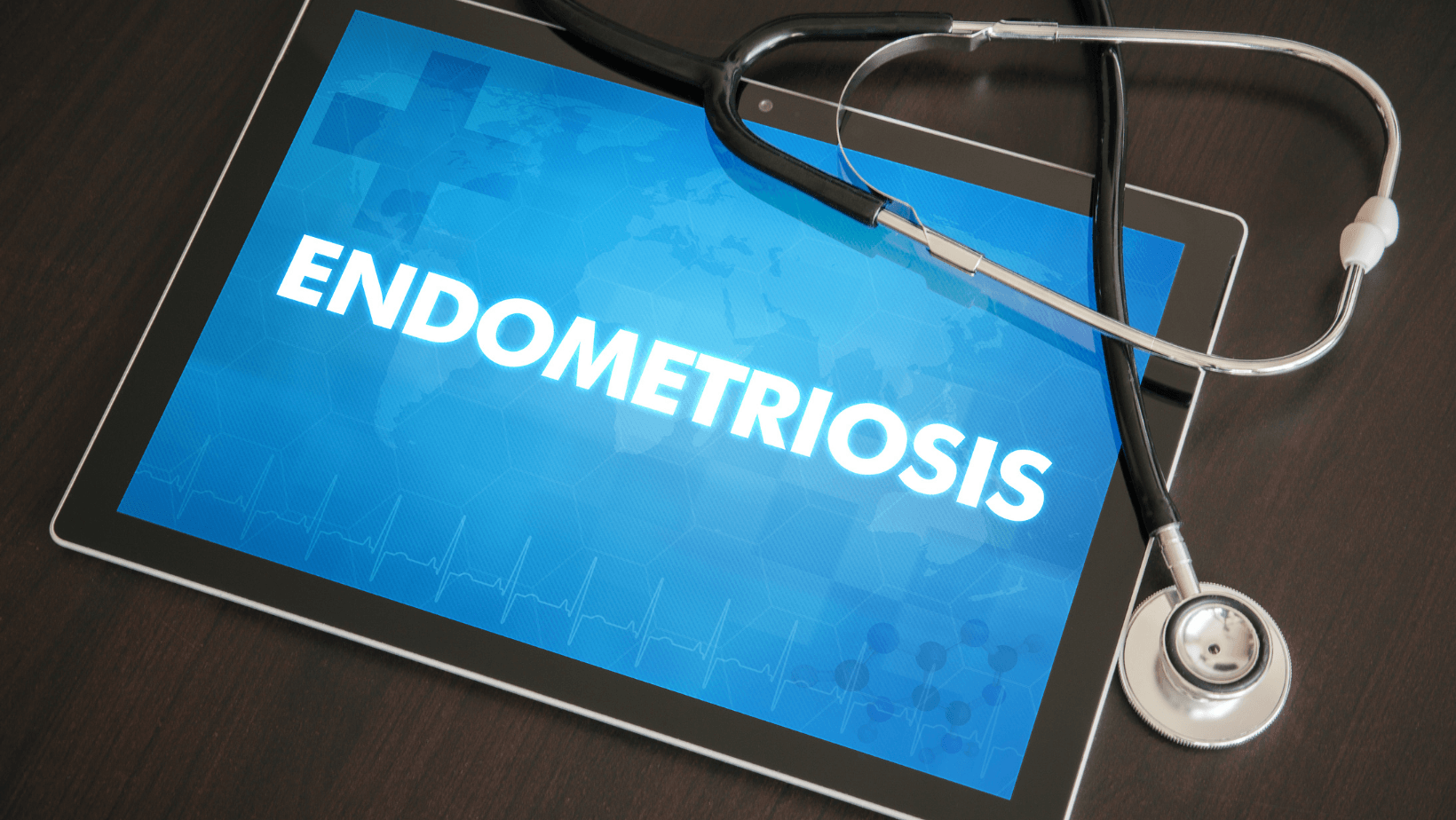Alzheimer's Disease - Symptoms and Causes - Avicenna Health
Alzheimer
Definition of the illness
Alzheimer's disease is a kind of dementia that affects the brain, memory, thinking skills, behavior, and other mental Ability.
Symptoms affect severely with time to interfere with daily tasks, and the exact cause is not yet known. However, there are things that are thought to increase the risk of developing Alzheimer's.
Symptoms
The most crucial sign of Alzheimer's disease is almost memory problems, including difficulty remembering recent events or conversations or family members and friends.
As the disease continues, memory problems get worse and more symptoms could appear, such as:
- Confusion, disorientation, and getting lost in familiar places
- Difficulty planning or making decisions
- Problems with speech and language
- Problems moving around without assistance or performing self-care tasks
- Personality changes, such as becoming aggressive, demanding, and suspicious of others
- Hallucinations (seeing or hearing things that are not there) and delusions (believing untrue things)
- Low mood or anxiety
However, there are preserved skills that include reading, telling stories, singing, listening to music, dancing, drawing, or doing crafts.
These skills may stay longer because they are controlled by parts of the brain damaged at advanced levels.
Causes
Alzheimer's disease affects people badly because of the abnormal growth of specific proteins in and around brain cells that are clustering and destroy the brain system.
1- Beta-amyloid protein is a large protein that forms plaques around brain cells, so it has a toxic effect on neurons inside the brain.
2- Tay protein, deposits of which form tangles within brain cells.
In addition, it is not crucially the causes, but scientists nowadays realize that it begins many years before signs and symptoms appear.
As brain cells become affected, there is also a decrease in neurotransmitters that send messages, or signals, between brain cells.
Also, it's known that Levels of one neurotransmitter, acetylcholine, are usually decreased in the brains of people with Alzheimer's disease.
Risk factors
- Age: the older are you, the more likelihood of developing Alzheimer's disease you have
- Head injuries
- Down's syndrome: The genetic changes that cause Down's syndrome can also cause amyloid plaques.
- Family history
- Air pollution
- Lack sleep
- Sex: women are more likely to have the disease because they generally live longer.
- Excessive alcohol consumption
- Low education levels
When to see a doctor
Remember that some conditions are treatable.
If you have any concerns about memory or other thinking skills, see your doctor.
Also, if you are worried about someone else around you, so encourage them to make an appointment, and it is better to go with them to the clinic.
Diagnosis
1- Mental status and neuropsychological testing: like testing the Reflexes, Muscle tone, and strength, Ability to get up from a chair and walk across the room, Sense of sight and hearing, Coordination.
2- Brain imaging: Magnetic resonance imaging (MRI) and Computerized tomography (CT).
3- Lab tests: Blood tests may reveal other potential causes of memory loss and confusion, such as a thyroid disorder or vitamin deficiencies.
Management
- Drug treats memory symptoms and other cognitive changes such as Memantine (Namenda) and Cholinesterase inhibitors.
- creating a safe and supportive environment: so it is a beneficial idea to keep keys, wallets, mobile phones, and other valuables things in the same place at home.
Differential diagnosis
- Aphasia
- Carotid Artery Stenosis Imaging
- Chronic Myelogenous Leukemia (CML)
- Corticobasal Syndrome and Corticobasal Degeneration
- Dementia in Motor Neuron Disease
- Lewy Body Dementia
- Depression
- Frontotemporal Dementia and Frontotemporal Lobar Degeneration
- Huntington Disease Dementia
- Normal Pressure Hydrocephalus
- Parkinson Disease
- Prion-Related Diseases
- Vascular Dementia
- Wilson Disease
References
- Mayo clinic
- Medscape
- NHS













